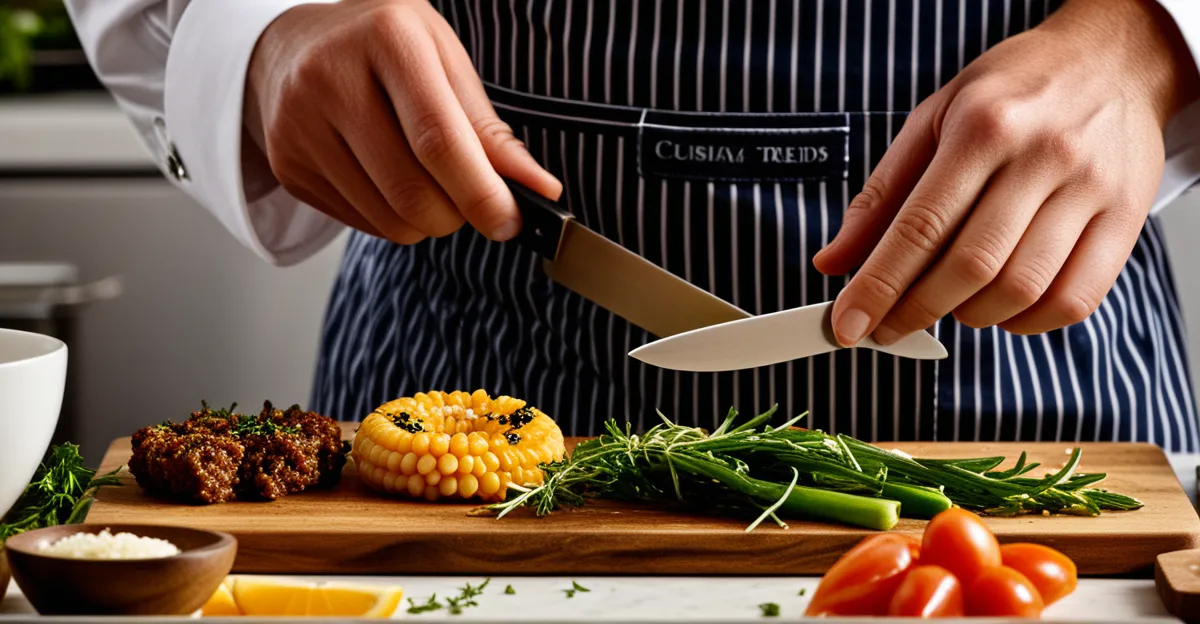The Historical Impact of British Cuisine on World Food Culture
British cuisine history is deeply intertwined with the colonial era, which significantly shaped its global culinary influence. During this period, British food traditions traveled across continents, introducing local populations to signature British dishes such as roast beef, shepherd’s pie, and fish and chips. These traditional British dishes became benchmarks for comfort food and were embraced and adapted worldwide.
Moreover, early instances of British culinary exchanges were evident in the incorporation of spices and ingredients from colonies like India and the Caribbean into British cooking. This cross-cultural interaction expanded the flavor profiles of British dishes, creating a blend that influenced both British tables and the cuisines of other cultures.
This legacy of exchange paved the way for British cuisine to become both a transmitter and receiver of culinary ideas, fostering a diverse food culture. The colonial spread and subsequent adaptations highlight the dynamic role British cuisine has played in global food culture, illustrating a mutual evolution rather than a one-sided diffusion. Ultimately, British cuisine history underscores a rich dialogue that transcends borders through traditional British dishes and their global reinterpretations.
Contemporary British Cooking: Shaping Modern Culinary Trends
Exploring the dynamic evolution of British food today
Modern British cuisine has undergone a remarkable transformation, driven by visionary British chefs who have earned numerous Michelin stars. These chefs skillfully reinvent traditional British dishes, blending heritage with innovation. For example, classics like shepherd’s pie and fish and chips are reimagined using seasonal, local ingredients, appealing to international palates and aligning with global food trends.
British chefs also act as culinary ambassadors, showcasing their inventive approaches well beyond the UK. Their influence extends into international kitchens, encouraging the fusion of British styles with diverse cuisines. This active exchange fuels the rise of modern British cuisine as a dynamic and evolving movement.
Popular British food trends such as sustainable sourcing, artisanal baking, and craft beverages are gaining traction worldwide. These trends emphasize quality and creativity, positioning Britain as a leader in the global culinary scene. The synergy between respecting tradition and embracing innovation ensures that modern British cuisine remains relevant and highly influential in shaping global food trends today.
Signature Techniques and Ingredients Transcending Borders
British cooking techniques have long influenced global kitchens, particularly through methods such as roasting, stewing, and baking. These time-honored approaches underpin many traditional British dishes, providing distinctive textures and flavors. Roasting, for example, remains fundamental in preparing meats like beef, which has found widespread appreciation internationally.
Iconic British ingredients, including malt vinegar, suet, and black pudding, have crossed borders and enriched culinary palettes worldwide. Malt vinegar, commonly paired with fish and chips, has been embraced in international dishes for its tangy profile. Simultaneously, suet has contributed to traditional puddings globally, showcasing the versatility of British components.
British food exports also play a crucial role in disseminating these ingredients and techniques. Products like Cheddar cheese and English mustard enjoy strong demand abroad, often integrated into global recipes. This export extends beyond ingredients to culinary tools and cookbooks, further embedding British cooking traditions internationally.
By spreading these techniques and ingredients, British cuisine history fosters ongoing cultural exchange, allowing global chefs to innovate while preserving classic British influences within their own culinary contexts.











